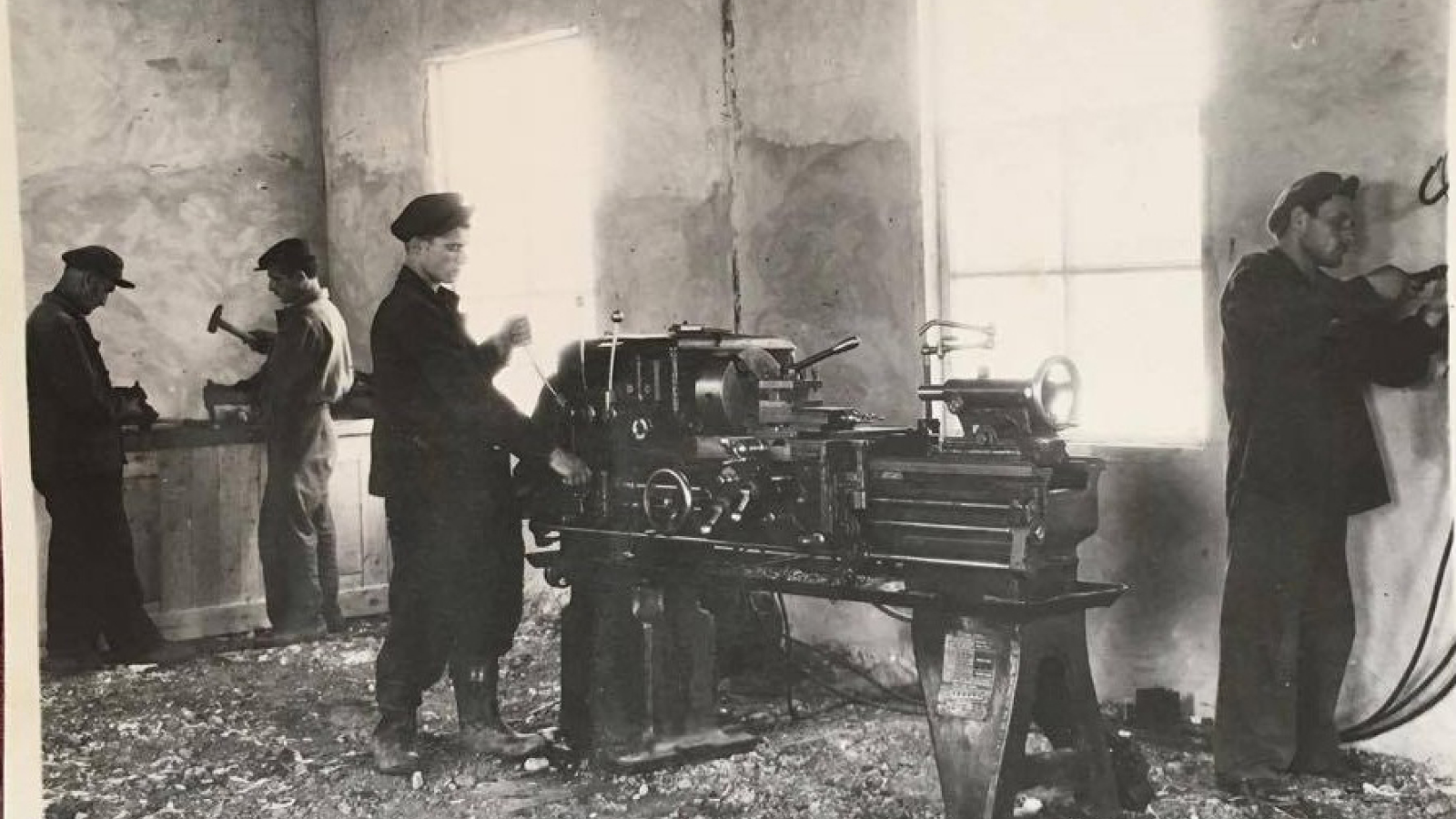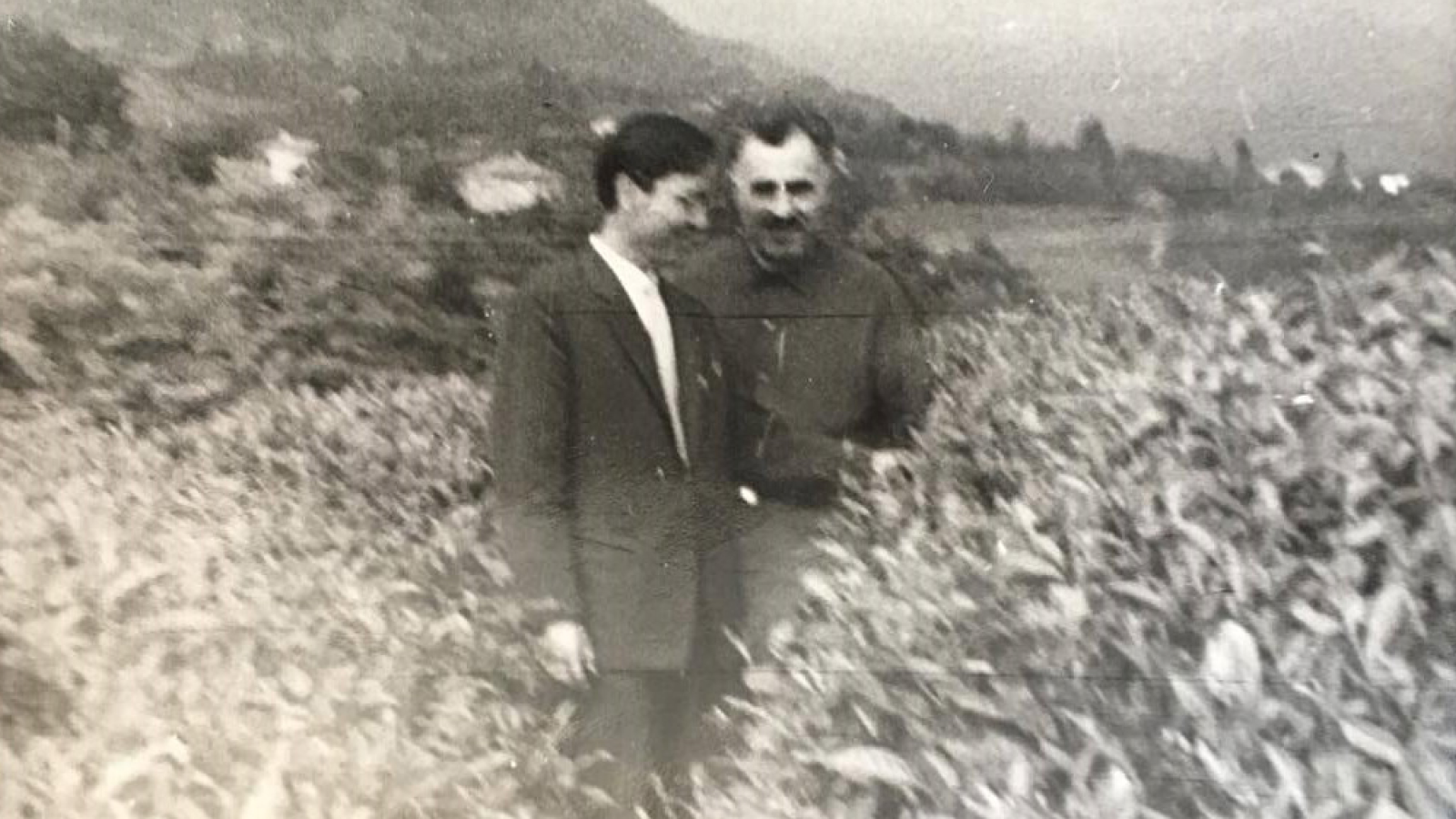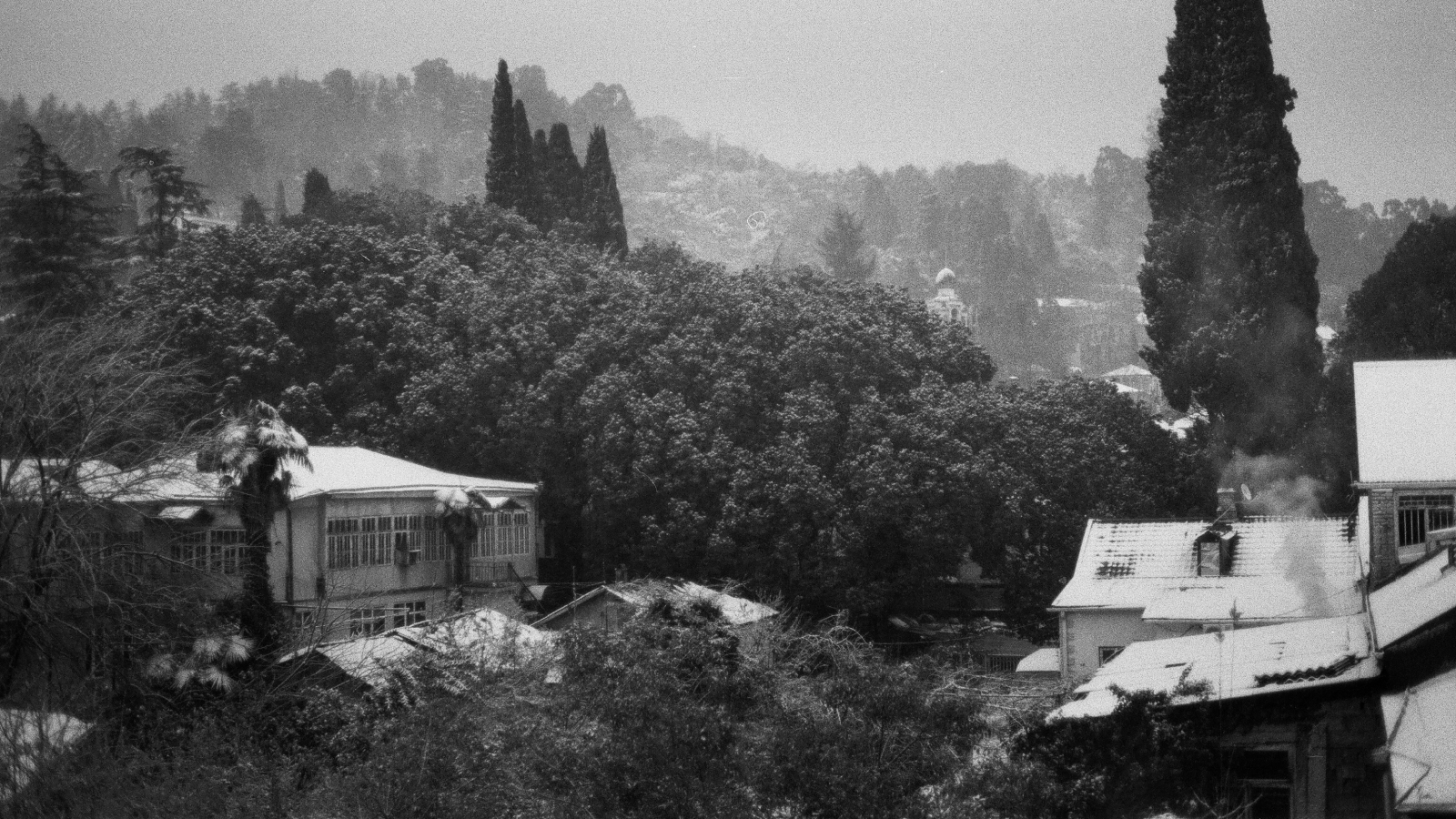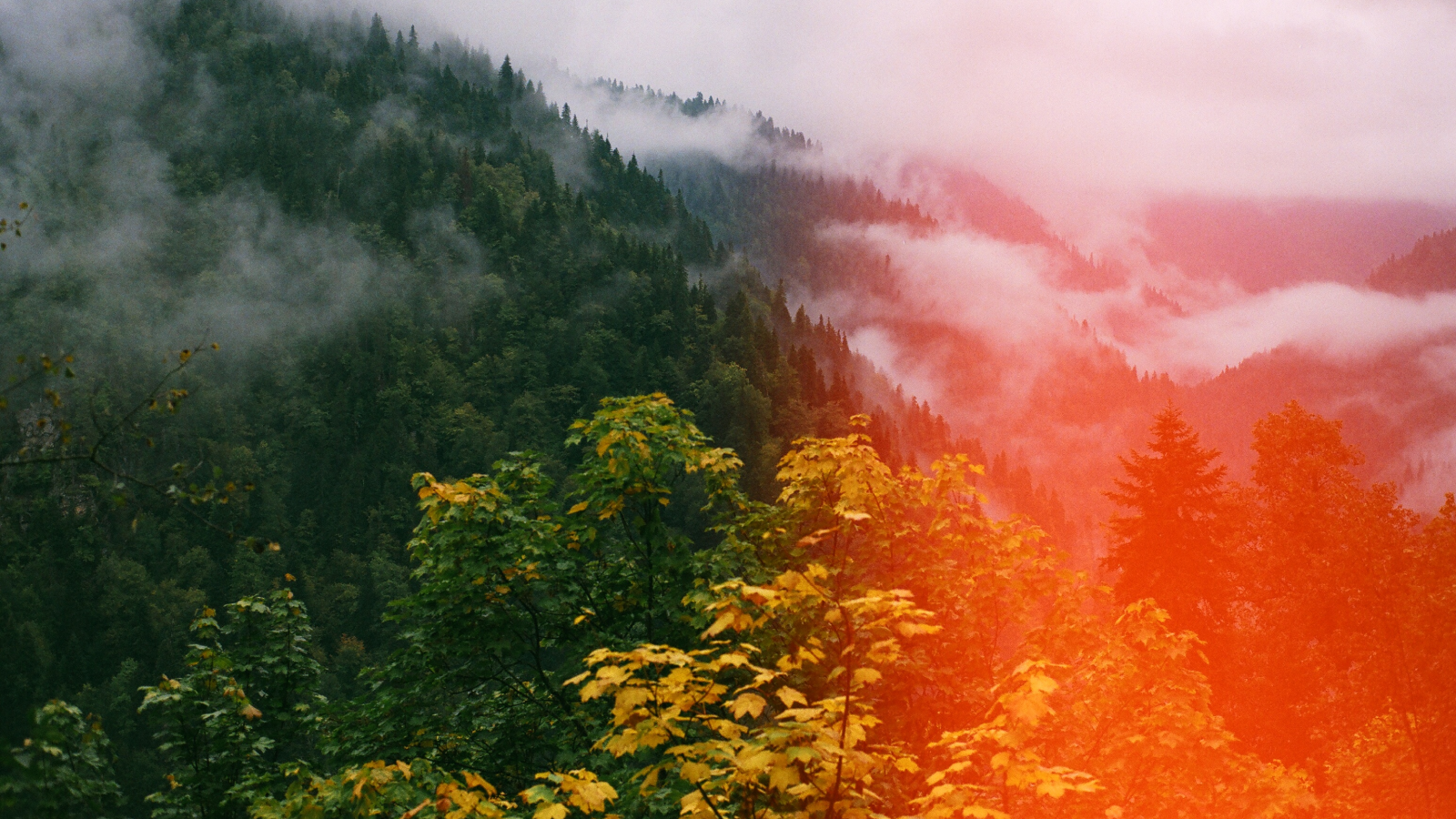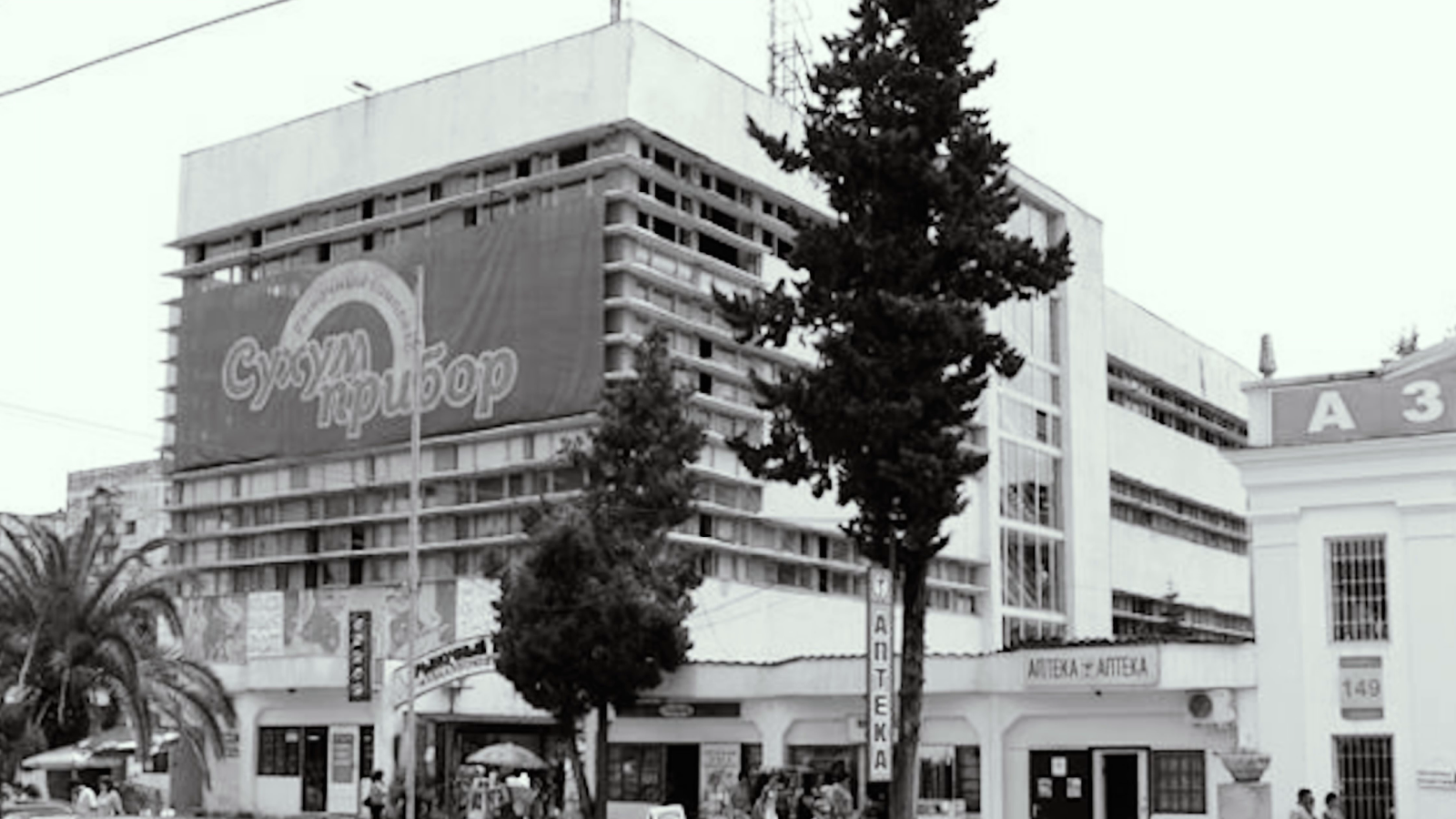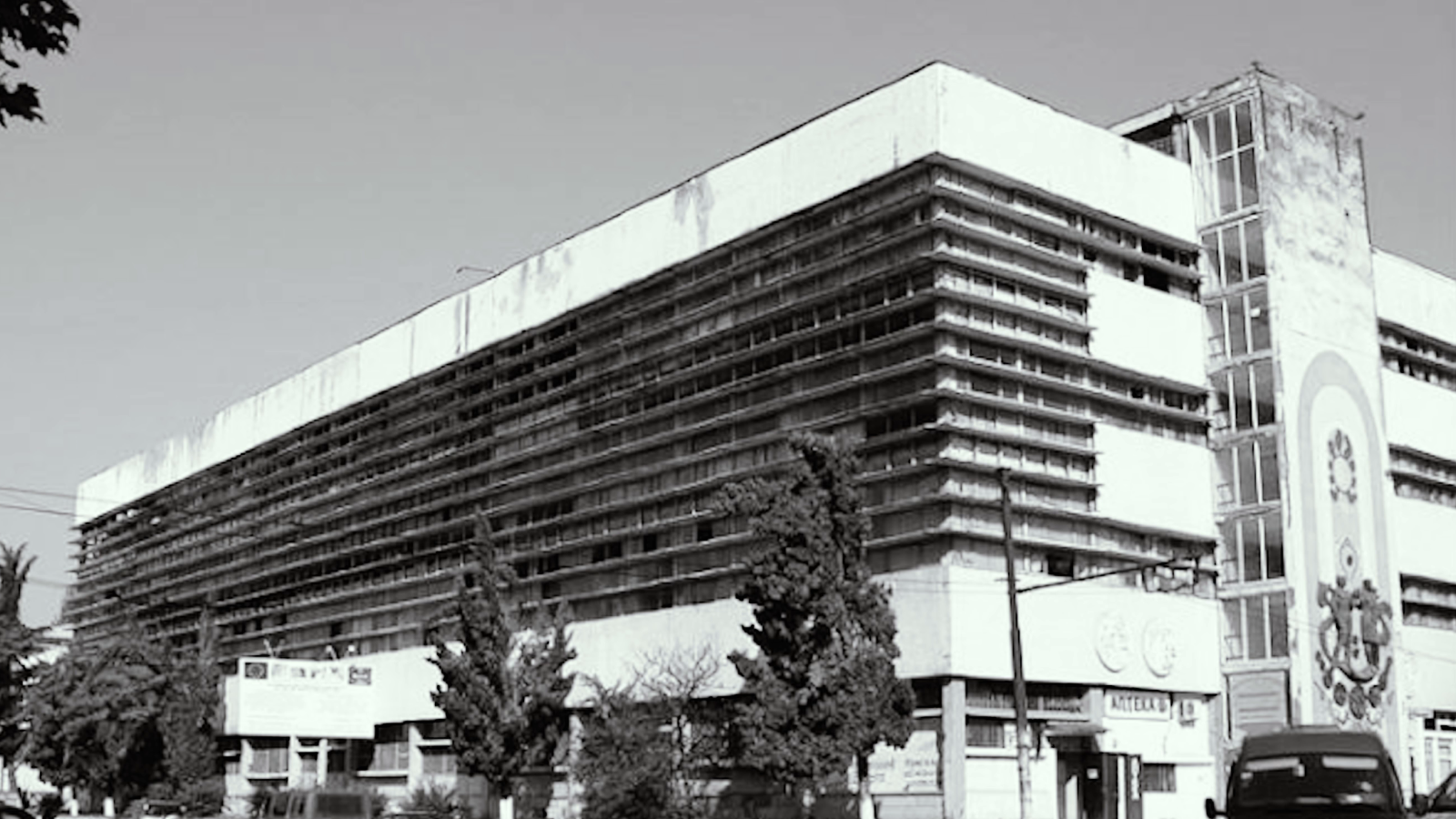About
The cultural platform SKLAD_ was founded in 2015 by a group of friends on a volunteer basis, inspired by the idea of creating a space for cultural practices that were missing locally. Since then, SKLAD_ has hosted over 40 local and international art exhibitions and more than 250 public events, including film screenings, artist talks, lectures, and workshops.
Today, SKLAD_ focuses on supporting the creation of new works by local artists and projects related to Abkhazia, as well as fostering partnerships and connecting with international cultural communities. The project operates as a self-organized initiative without regular funding and functions as a project space.
Abkhazia
© Tatyana Yergunova
Abkhazia is located between the eastern coast of the Black Sea and the Caucasus Mountains. In addition to the Abkhaz, the indigenous people, Armenians, Georgians, Russians, Greeks, and other communities also live here. Its unique geographical position has for centuries drawn the attention of various states and empires.
After the Russo-Caucasian War of the 19th century, a significant part of the Abkhaz population was forcibly resettled to the Ottoman Empire (contemporary Turkey), where a large diaspora still exists today. The depopulated lands became home to Armenians and Greeks fleeing persecution, as well as Estonians, Poles, and others who left their countries due to poverty and hardship.
In the early 20th century, Abkhazia entered the USSR as a Union Republic, but its status was later downgraded to that of an autonomous republic within the Georgian SSR. This period was marked by repressions, mass resettlements, and attempts at assimilation of the Abkhaz people. At the same time, the Soviet authorities invested in the development of resorts and tourism infrastructure, and the region became known as the Soviet Riviera — a popular holiday destination with its subtropical climate — as well as an important supplier of tobacco, tea, and citrus fruits.
After the collapse of the Soviet Union and the Georgian–Abkhaz war of 1992–1993, Abkhazia declared independence. The armed conflict left the country in ruins, while subsequent years of isolation and embargo devastated its infrastructure and economy. A significant part of the civilian population became refugees. In 2008, Abkhazia was recognized by Russia and later by several other states, yet international recognition remains limited. Despite the efforts of local initiatives, support from Russia, the influx of tourism, and relative stability, the consequences of the conflict are still felt today.
The mission of SKLAD_ is to engage cultural practitioners in historical self-reflection and to contribute to the de-isolation of Abkhazia through international cultural exchange, making SKLAD_ a unique institution in the country.
Space
Today, SKLAD_ occupies a 180 m² space within the Sukhumpribor factory. Housed in a Soviet modernist building, Sukhumpribor is a remnant of the Soviet industrial past. Nearly every pen sold in the USSR contained a stainless steel ball produced at Sukhumpribor.
During the 1992–1993 war, factory workers organized themselves to protect the facility from looters. Later, they became the first collective to privatize the factory, distributing shares among all former workers.
Today, Sukhumpribor is primarily rented out to a large clothing market, various workshops, rehearsal studios, and, among others, SKLAD_.
